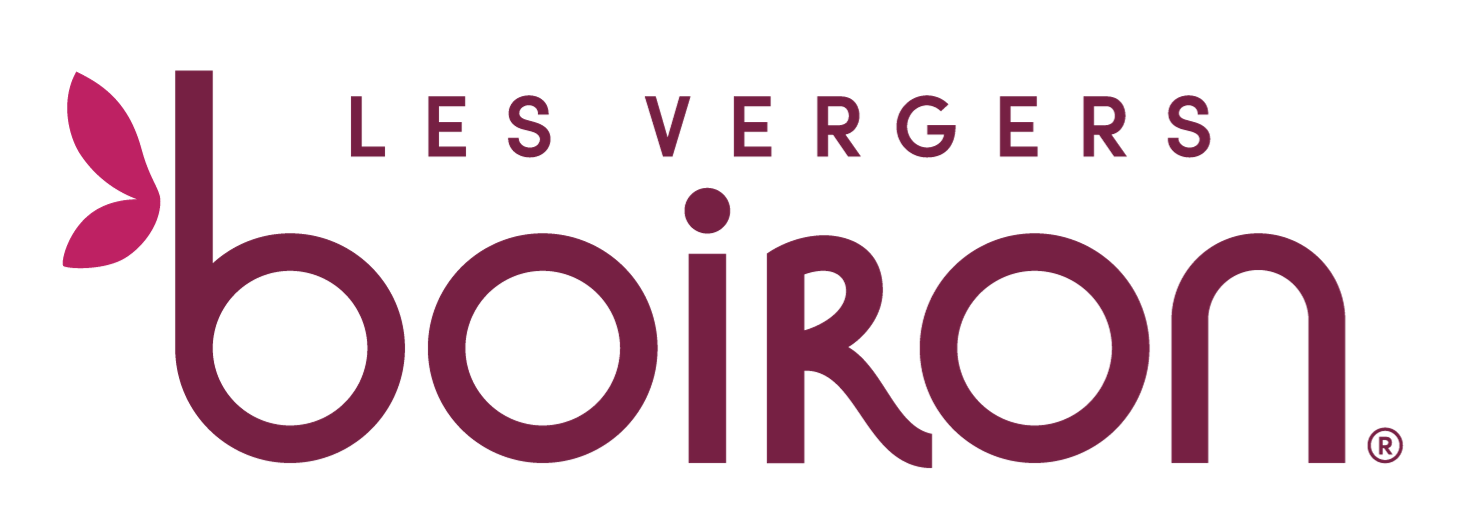

BOIRON FRERES

1.6
Auvergne-Rhône-Alpes, France
March 2025
Food products
Manufacturing
China,
France,
South Korea,
United Kingdom,
United States
Based in the heart of the Rhône Valley, Les vergers Boiron is a French company specializing in the manufacture of frozen and ambient fruit purees for professionals in the food and beverage industry. Founded over 80 years ago, our independent, family-run business has established itself as a major player in the world of fruit-based gastronomy by revealing 5 expertise: selecting, assembling, smart processing, serving, inspiring. Every year, we distribute 19,000 tons of products in over 80 countries. - In 2022, driven by our determination to ensure that our business is conducted with respect for People and Nature, we have developed our roadmap and formalized our “Care for the Future” CSR strategy around 4 ambitious pillars. - In 2024, we chose to become a Société à Mission (Mission-driven company) and firmly established our purpose in our corporate bylaws: “We strive for fruit and gastronomy that connect and care for the Living ”. - In 2025, Les vergers Boiron is proud to join an international movement of companies committed to making a positive impact by becoming a certified B Corp.
Overall B Impact Score
Governance 8.2
Governance evaluates a company's overall mission, engagement around its social/environmental impact, ethics, and transparency. This section also evaluates the ability of a company to protect their mission and formally consider stakeholders in decision making through their corporate structure (e.g. benefit corporation) or corporate governing documents.
What is this? A company with an Impact Business Model is intentionally designed to create a specific positive outcome for one of its stakeholders - such as workers, community, environment, or customers.
Workers 29.0
Workers evaluates a company’s contributions to its employees’ financial security, health & safety, wellness, career development, and engagement & satisfaction. In addition, this section recognizes business models designed to benefit workers, such as companies that are at least 40% owned by non-executive employees and those that have workforce development programs to support individuals with barriers to employment.
Community 17.4
Community evaluates a company’s engagement with and impact on the communities in which it operates, hires from, and sources from. Topics include diversity, equity & inclusion, economic impact, civic engagement, charitable giving, and supply chain management. In addition, this section recognizes business models that are designed to address specific community-oriented problems, such as poverty alleviation through fair trade sourcing or distribution via microenterprises, producer cooperative models, locally focused economic development, and formal charitable giving commitments.
Environment 25.5
Environment evaluates a company’s overall environmental management practices as well as its impact on the air, climate, water, land, and biodiversity. This includes the direct impact of a company’s operations and, when applicable its supply chain and distribution channels. This section also recognizes companies with environmentally innovative production processes and those that sell products or services that have a positive environmental impact. Some examples might include products and services that create renewable energy, reduce consumption or waste, conserve land or wildlife, provide less toxic alternatives to the market, or educate people about environmental problems.
Customers 3.3
Customers evaluates a company’s stewardship of its customers through the quality of its products and services, ethical marketing, data privacy and security, and feedback channels. In addition, this section recognizes products or services that are designed to address a particular social problem for or through its customers, such as health or educational products, arts & media products, serving underserved customers/clients, and services that improve the social impact of other businesses or organizations.